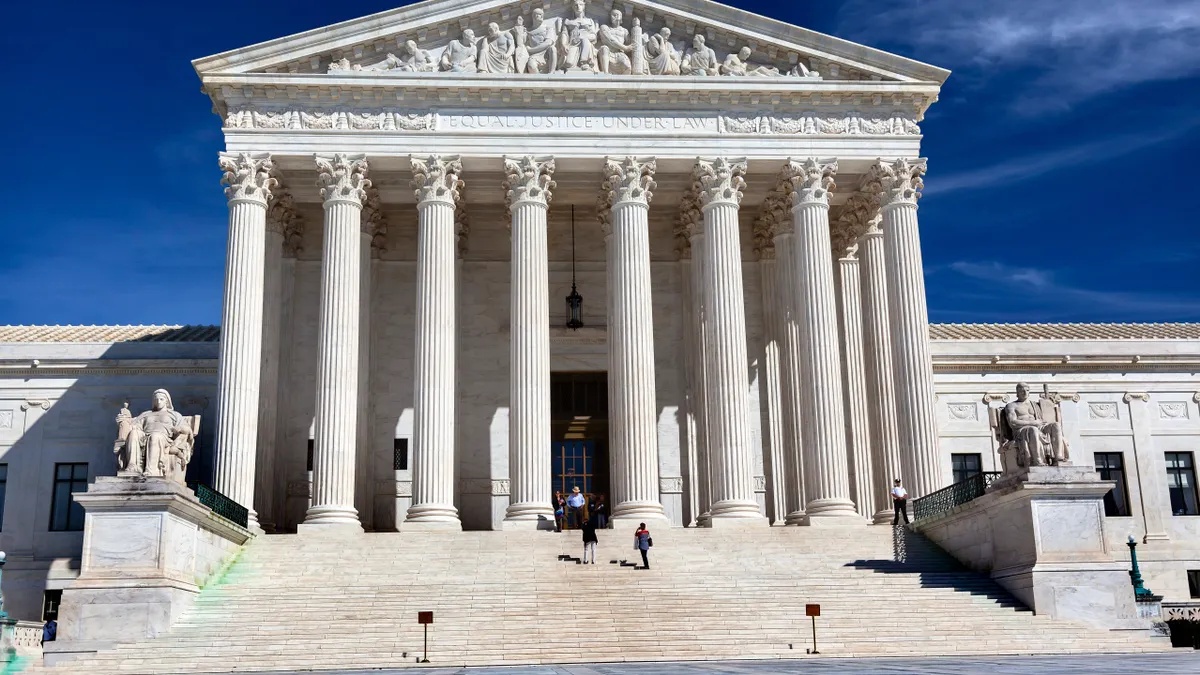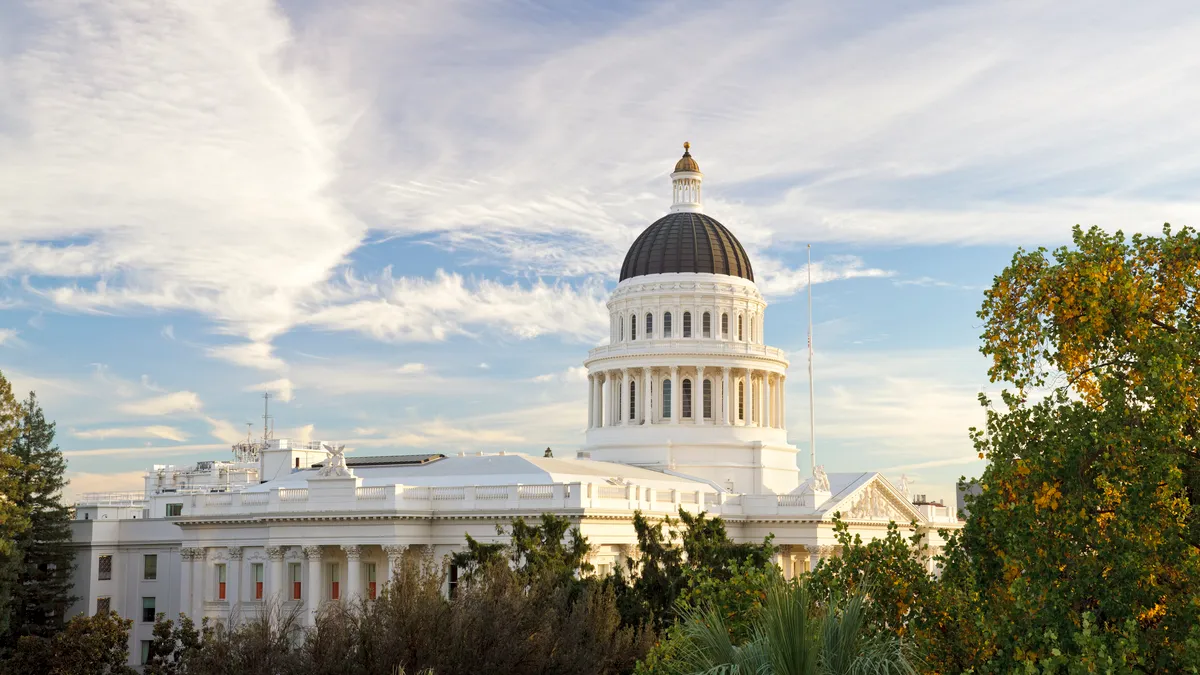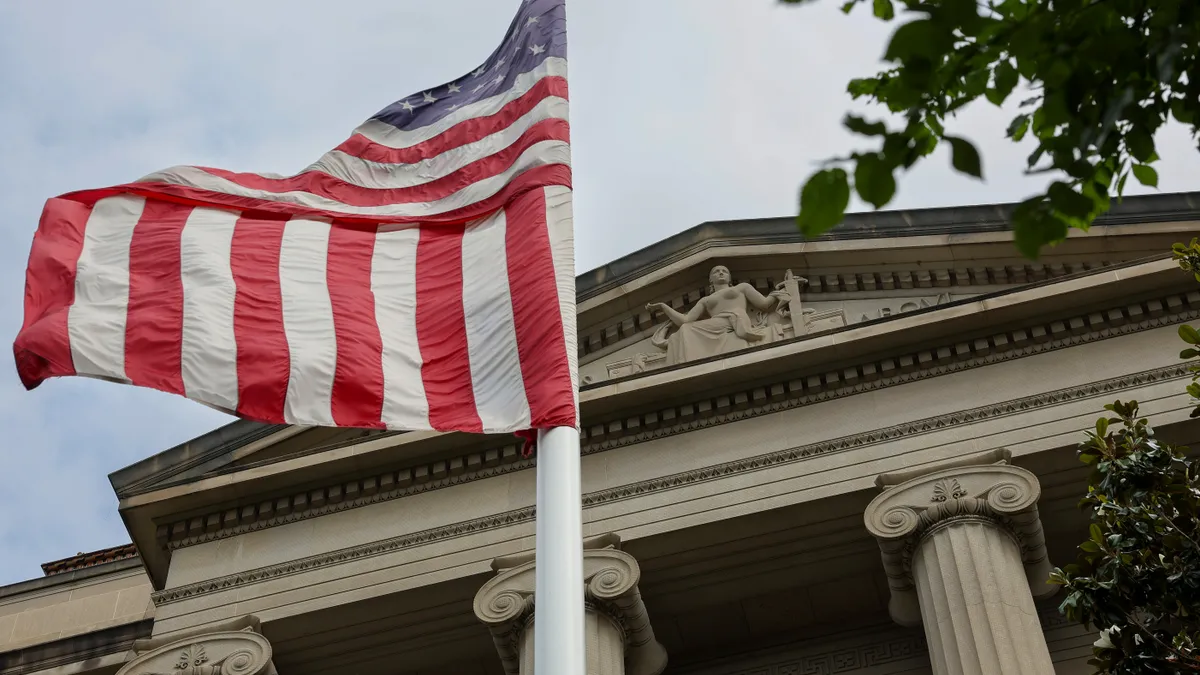Dive Brief:
- The Department of Justice flipped its stance on arbitration clauses last week, filing an amicus brief that favors employers and defends the legality of such clauses, Politico reports.
- The case at hand, NLRB v. Murphy Oil, is one of multiple cases being brought before the Supreme Court concerning arbitration. Employers began including arbitration clauses in worker contracts in an effort to reduce the incidence of class action suits.
- The switch by the DOJ is not a common occurrence, and it signals intense, continued interest from the Trump administration to pare back Obama-era regulations.
Dive Insight:
Arbitration clauses may yet survive SCOTUS. On top of the loss of a major ally in the DOJ, opponents to the agreements will also have to contend with new Supreme Court Justice Neil Gorsuch, who has previously supported their legality.
As mentioned, these clauses have sprung up as a form of protection for employers against large-scale class actions suits. They became the focus of media attention when it was revealed that smaller startups, like WeWork and (at the time) Uber, also used them.
AT&T in 2011 won their case at the Supreme Court level, which said the agreements were legal under the Federal Arbitration Act. But recently, federal courts have complicated the issue. The 9th U.S. Circuit Court of Appeals, for example, sided with the NLRB against Ernst & Young last August, determining that EY's contract clause denied employees the right to seek class action litigation.















